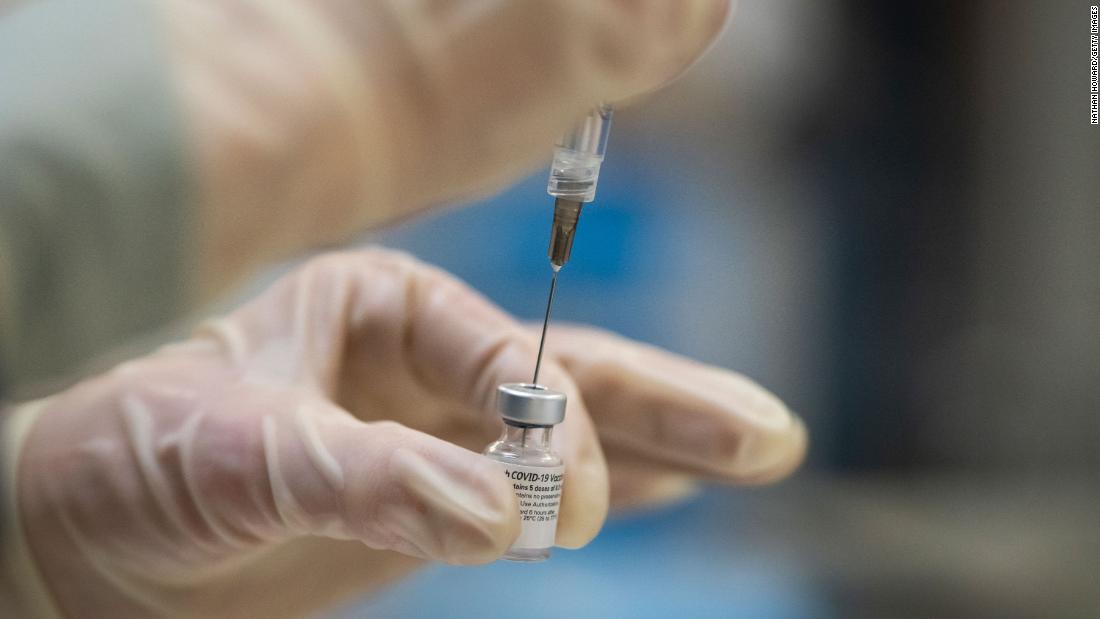“It is very encouraging to see that, as a series of safe and effective coronavirus vaccines are being launched worldwide, there has been an apparent positive shift in people’s perception of these products,” Dr. David Nabarro, co-director of the Instituto de Global Health Innovation at Imperial College London, said in a statement.
About 13,500 people were interviewed four times between November and mid-January. Australia, Canada, Denmark, Finland, France, Germany, Italy, Japan, the Netherlands, Norway, Singapore, South Korea, Spain, Sweden and the United Kingdom were included in the analysis.
The United States was not included in the Imperial College survey, but a CNN survey, also conducted in mid-January, found that 66% of Americans said they would receive the Covid-19 vaccine, up from 51% in October.
The UK had the highest proportion of respondents who strongly agreed to receive a vaccine, 70%. At the other end of the spectrum was France, with 30% – although that number has doubled since November, when only 15% of people surveyed in France strongly agreed.
France also had the highest percentage of people who strongly agreed that they are concerned about the side effects of the vaccine, at 40%. However, concern about the potential side effects of the vaccine has eased since November in most countries surveyed, with 47% of all respondents saying they are concerned about the side effects.
About 66% of respondents said they trust the vaccine, with more than half of the population reporting confidence in vaccines in all countries except Japan.
More than half of respondents, 58%, believe government health officials will provide an effective vaccine against Covid-19 – with the proportion of respondents who strongly agree to increase in 11 countries since November.
Concern about becoming infected with the coronavirus has remained relatively stable since November, with the highest levels of concern in Japan, Spain and South Korea and the lowest in Australia.
The results suggest that access to Covid-19 vaccines is a challenge. About 54% of people who participated in the survey said it would be difficult to get a vaccine. People in South Korea and Japan reported the greatest access difficulties, while those in Norway and Denmark reported the least.
“As vaccines will play a vital role in controlling the pandemic, leaders must act now to help more people understand the benefits of being vaccinated against COVID-19 and ensure that no one is left behind,” said Nabarro.
